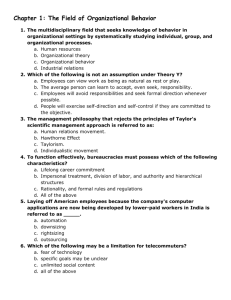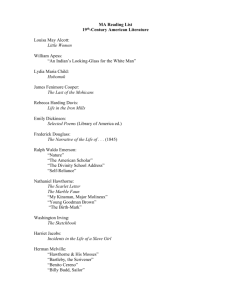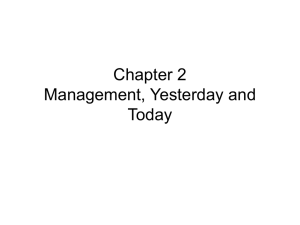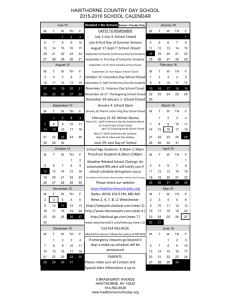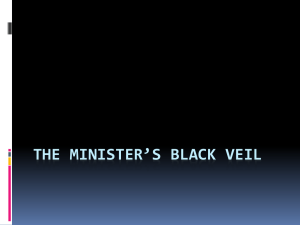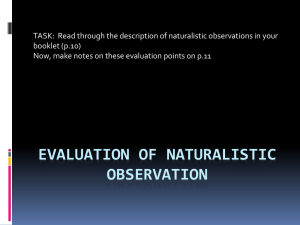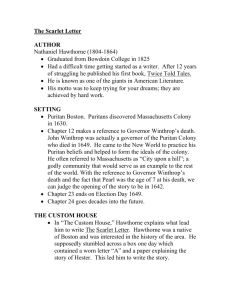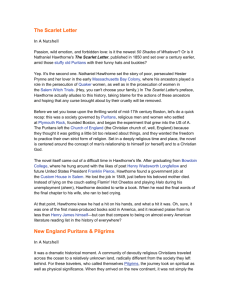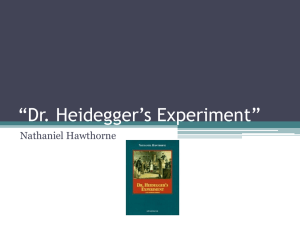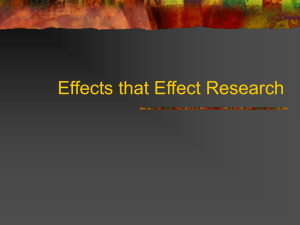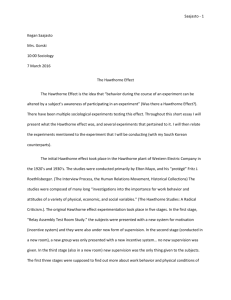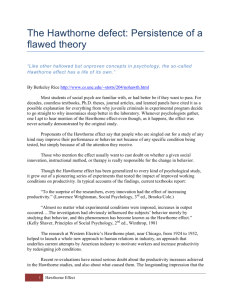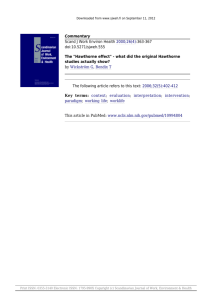Biographical and historical sources can inform our reading of literature
advertisement
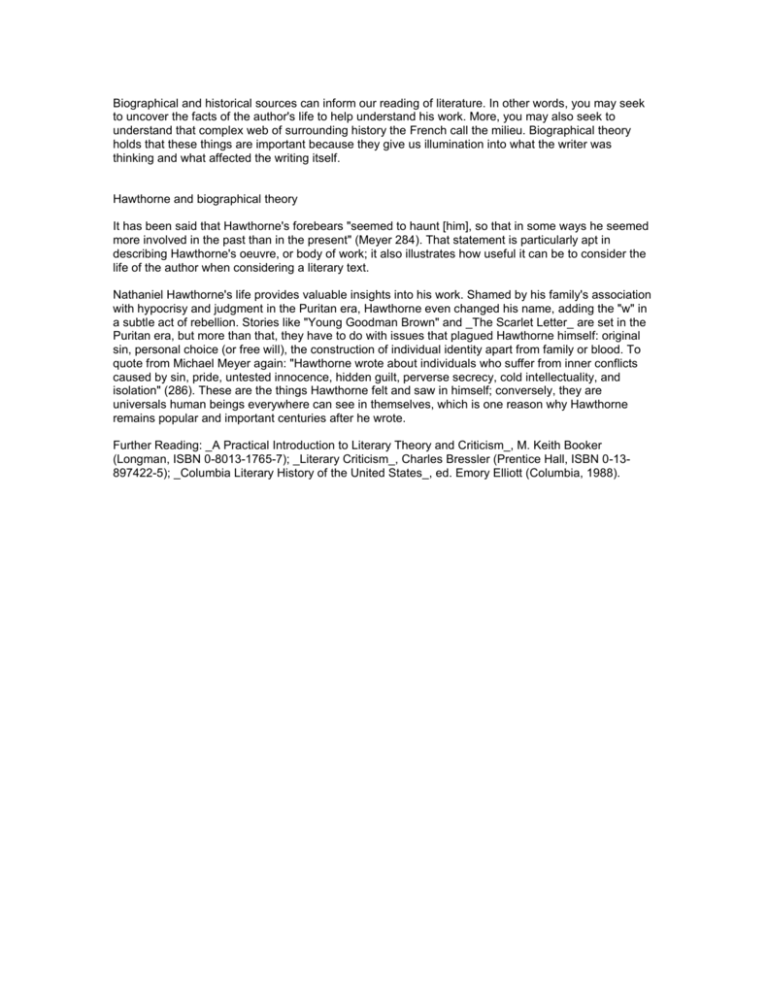
Biographical and historical sources can inform our reading of literature. In other words, you may seek to uncover the facts of the author's life to help understand his work. More, you may also seek to understand that complex web of surrounding history the French call the milieu. Biographical theory holds that these things are important because they give us illumination into what the writer was thinking and what affected the writing itself. Hawthorne and biographical theory It has been said that Hawthorne's forebears "seemed to haunt [him], so that in some ways he seemed more involved in the past than in the present" (Meyer 284). That statement is particularly apt in describing Hawthorne's oeuvre, or body of work; it also illustrates how useful it can be to consider the life of the author when considering a literary text. Nathaniel Hawthorne's life provides valuable insights into his work. Shamed by his family's association with hypocrisy and judgment in the Puritan era, Hawthorne even changed his name, adding the "w" in a subtle act of rebellion. Stories like "Young Goodman Brown" and _The Scarlet Letter_ are set in the Puritan era, but more than that, they have to do with issues that plagued Hawthorne himself: original sin, personal choice (or free will), the construction of individual identity apart from family or blood. To quote from Michael Meyer again: "Hawthorne wrote about individuals who suffer from inner conflicts caused by sin, pride, untested innocence, hidden guilt, perverse secrecy, cold intellectuality, and isolation" (286). These are the things Hawthorne felt and saw in himself; conversely, they are universals human beings everywhere can see in themselves, which is one reason why Hawthorne remains popular and important centuries after he wrote. Further Reading: _A Practical Introduction to Literary Theory and Criticism_, M. Keith Booker (Longman, ISBN 0-8013-1765-7); _Literary Criticism_, Charles Bressler (Prentice Hall, ISBN 0-13897422-5); _Columbia Literary History of the United States_, ed. Emory Elliott (Columbia, 1988).
